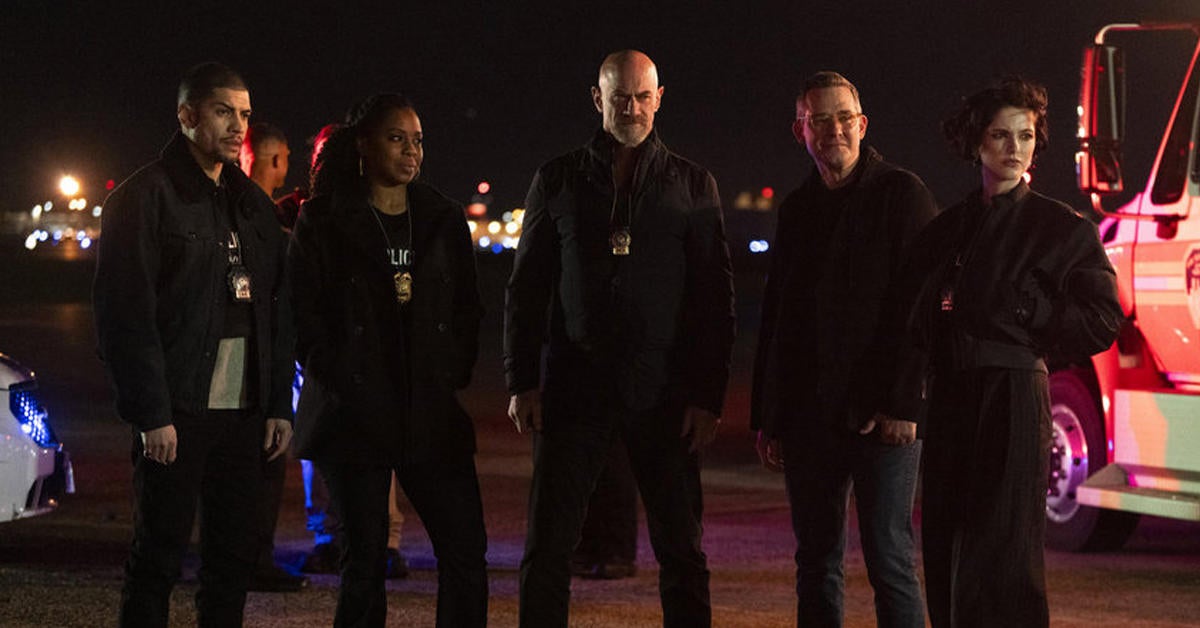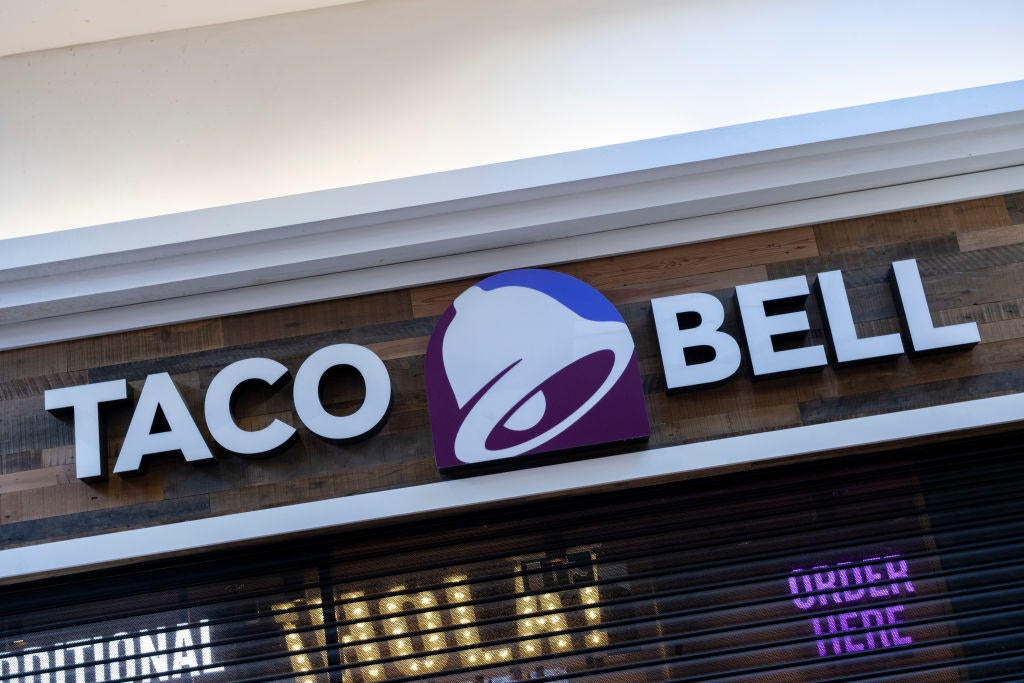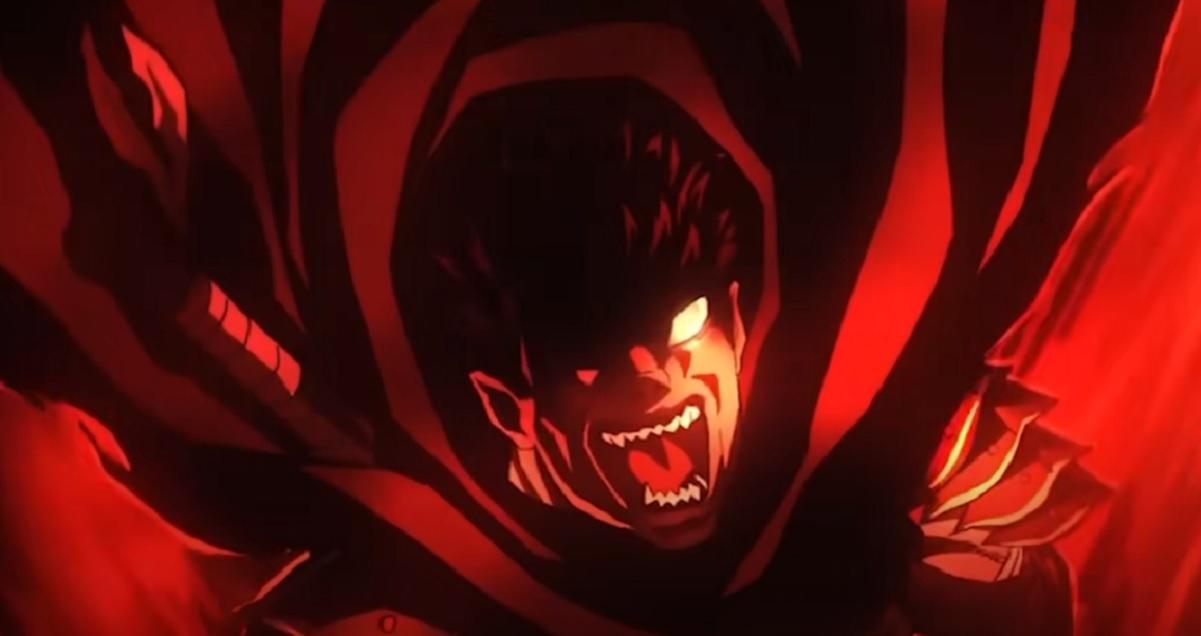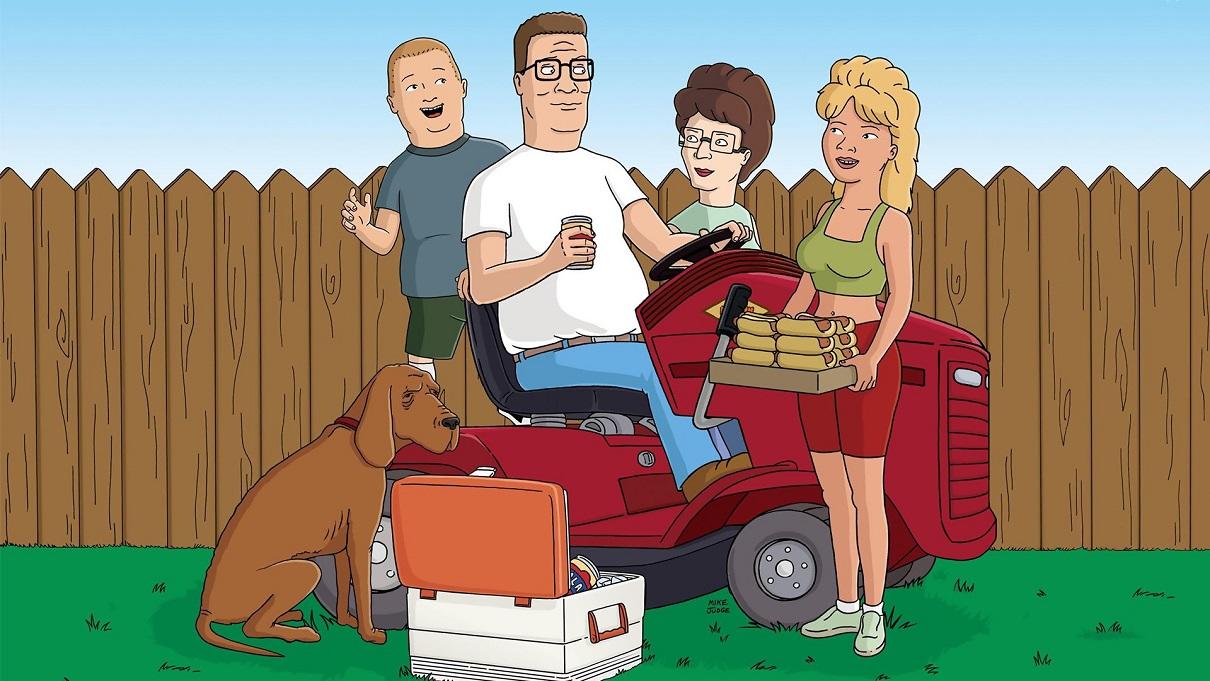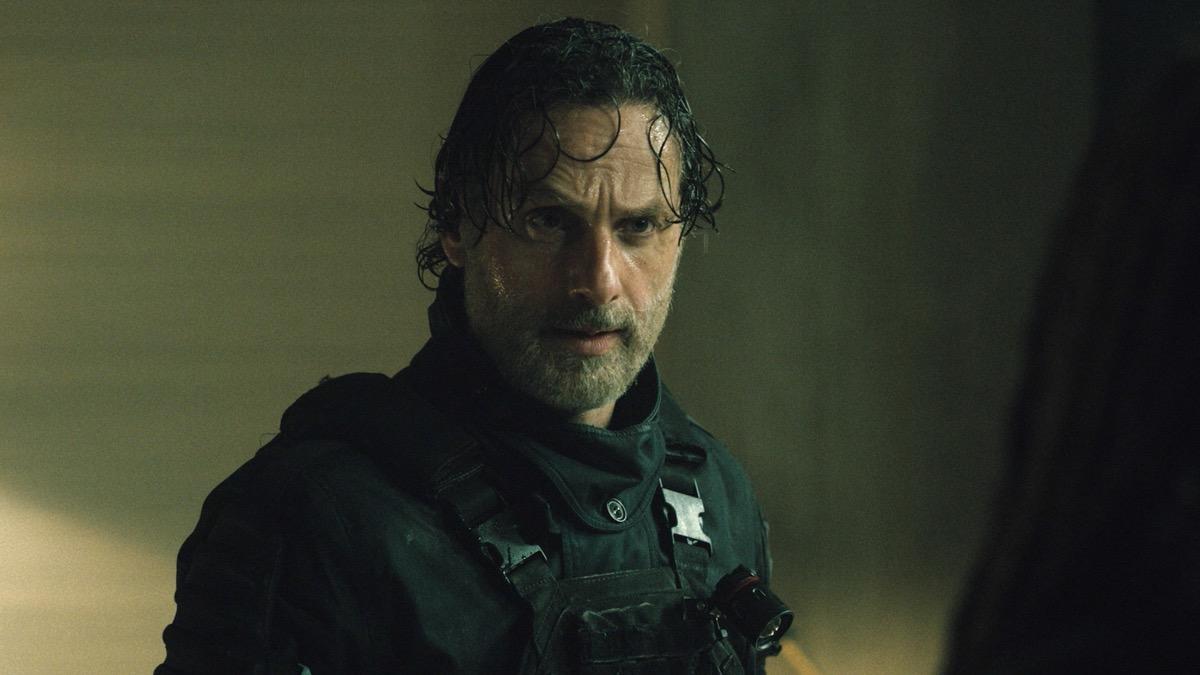Indiana Jones: Raiders of the Lost Ark Star on Belloq Not Being a Villain and That Explosive Ending
To some, Paul Freeman's Belloq in Raiders of the Lost Ark is one of the most famous villains in [...]
To some, Paul Freeman's Belloq in Raiders of the Lost Ark is one of the most famous villains in cinematic history, who also gets one of the most memorable deaths in any movie, with the ark of the covenant blowing up his head. This inferred malevolence is also due to the fact that he partners up with Nazis in order to obtain the relic, with his closest allies also coming to a similar fate in the film's iconic finale. Fans might see him as a villain, but Freeman himself recently noted in honor of the film's 40th anniversary that Belloq is merely expressing the same treasure-hunting spirit exhibited by Indiana Jones, even if he utilizes different resources to reach the same goal. The four-film Indiana Jones 4K Ultra HD Blu-ray set hits shelves on June 8th.
"People use the word 'villain' about Belloq, so bandied around, it's very difficult to pin him down. I'm surprised people pin him down as a typical screen villain. I think it's quite difficult to see that he is a villain, actually, apart from the fact that he works with the Nazis. Of course, a number of people did," Freeman recently recalled to ComicBook.com. "[He's] not all that far removed from Indiana, who also wants the object. He doesn't want the object because he wants to stop the Nazis getting it, he wants it for himself."
While it's hard to deny that Indiana Jones is an all-time great hero, Freeman points out that his motivations were more similar to Belloq's than audiences realize.
"[Belloq's plans are] not all that far removed from Indiana, who also wants the object. He doesn't want the object because he wants to stop the Nazis getting it, he wants it for himself," the actor admitted. "This brings me onto a thing I've found myself talking about often. I often find archaeologists, for instance, who watch the film who it's influenced. People have become archaeologists from watching this movie. There's a fan club in Madrid run by archaeologists, there's a fan club I was just talking to in Switzerland run by archaeologists and it's all because of Raiders. Well, who would have known? I guess that says something about the priorities of the movie, that it takes that side of the story seriously, as a good story should, and then it allows you to do all the funny things in the story, like Harrison hanging on the back of a submarine with a whip. Or changing into that German's clothes ... what a wonderful gag."
Arguably other than the opening scenes of Raiders, in which Indiana (Harrison Ford) manages to escape a massive boulder, the film's finale is the most memorable sequence from the adventure. With Freeman coming from the world of theater, he went on to express just how challenging it was to pull off that sequence.
"We had no green screen in those days, I forget what, actually, they were using. It was another technique," the actor expressed. "Certainly, there was nothing for us to act with or against. The acting came because [director] Steven [Spielberg] was yelling at us during the thing, 'Turn left, turn right, look up, look down, now you're entranced by what you see, now you're horrified by what you see, now you scream.' That's it. For a theater actor, which I was up until two years before, it was a very, very strange way of working that took some time to get used to. Having somebody talk while you work telling you what you should be doing. But it works fine."
Freeman noted that, even though he knew the script, he was seemingly as surprised by the sequence as audiences, detailing, "I had no idea what was going to go on in that scene. It was impossible to tell. I think amazement was my reaction when I eventually saw it, what they'd actually done with that scene, we had no idea what it was while we were shooting."
In the late '70s, Spielberg was riding the success of films like Jaws and Close Encounters of the Third Kind, while George Lucas had just introduced audiences to a galaxy far, far away with Star Wars: A New Hope. Making Raiders, which honored the filmmaking sensibilities of '50s serials and took place in the '30s, was still a risky endeavor, though Freeman knew it would be something special based on the script alone.
"I was very keen to read the script, because, if you remember at the time, this film followed [Spielberg's] 1941, which hadn't been a big success. It was a bit of a mess, actually, with wonderful things in it, but it was still a bit of a mess," Freeman confessed. "So there was no guarantee that Raiders was gonna be a big success, but once I was asked to read the script and sat down in their office in Universal, it was so funny. I was taken with it immediately and I got to the bit where the date gets thrown in the air and the monkey grabs it. I thought, 'Oh, this is fantastic. It's a wonderful story, wonderfully told, I have to do this.' So it was entirely because the script was so good."
He continued, "At that time, I was a bit naive about going into this film with George and Steven and not realizing it was going to be a big deal. I thought it was a nice enough film, it was gonna be good, the main thing for me was how good the script was and I think that is something that probably stemmed from those years in the theater, being able to judge scripts."
Grab your copy of the Indiana Jones four-movie collection on June 8th.
What do you think about Belloq? Let us know in the comments below or contact Patrick Cavanaugh directly on Twitter to talk all things Star Wars and horror!
